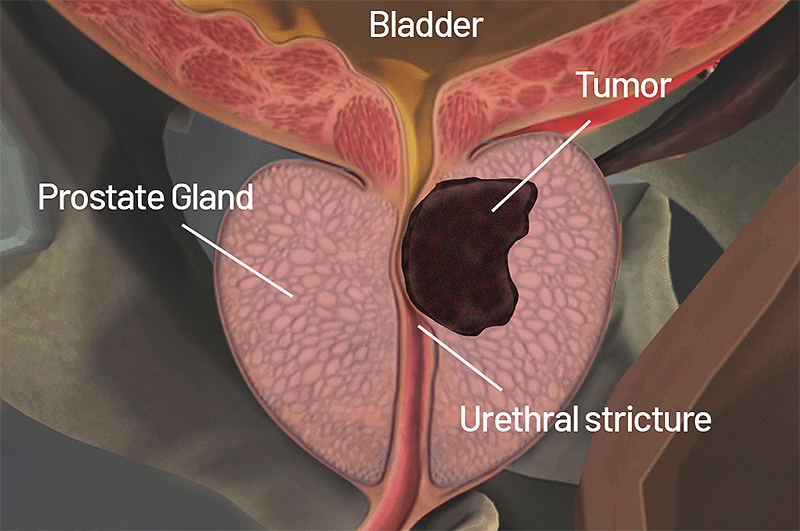Health Topic - Prostate Cancer
Toolbox Talk: Understanding and Preventing Prostate Cancer
Prostate cancer is a common cancer in men, occurring in the prostate gland—a small organ located below the bladder that produces seminal fluid. This type of cancer is the most frequently diagnosed cancer in men, aside from skin cancer. In its early stages, prostate cancer may not present noticeable symptoms, which makes regular medical check-ups essential for early detection. When symptoms do appear, they can include trouble urinating, blood in the urine or semen, persistent bone pain, and erectile dysfunction. Being aware of these potential signs can lead to earlier diagnosis and a better chance of successful treatment.
Although prostate cancer can affect men of all ages, certain factors can increase risk. Men over the age of 50, those with a family history of prostate cancer, and African American men are at a higher risk. Understanding these risk factors is crucial to staying vigilant and informed. Fortunately, many lifestyle adjustments can support prostate health and reduce the risk of developing prostate cancer.

HELPFUL TIPS FOR PROSTATE HEALTH
1. Prioritize a Balanced Diet:
- A diet rich in fruits, vegetables, and whole grains can support overall health and may help lower the risk of prostate cancer. Healthy foods such as tomatoes, cruciferous vegetables (like broccoli and cauliflower), and berries provide essential nutrients and antioxidants that can protect cells. Aim to get these nutrients directly from food rather than from supplements, which may not have the same protective effects. By choosing a variety of plant-based foods, you can give your body the nutrients it needs to stay healthy.
2. Exercise Regularly and Maintain a Healthy Weight:
- Regular physical activity is associated with a lower risk of many types of cancer, including prostate cancer. Exercise not only helps maintain a healthy weight but also improves immune function and reduces inflammation, both of which play a role in cancer prevention. Aim for at least 150 minutes of moderate-intensity exercise each week, whether it’s walking, swimming, cycling, or strength training. Keeping a healthy weight is especially important, as obesity has been linked to a more aggressive form of prostate cancer.
3. Talk to Your Doctor About Risk Factors and Preventive Options:
- If you have risk factors for prostate cancer, such as a family history or specific genetic markers, discussing these with your doctor is essential. Your doctor may recommend regular screening tests, such as a prostate-specific antigen (PSA) test, especially if you’re in a higher-risk group. For men at high risk, medications like 5-alpha reductase inhibitors may reduce the risk of developing prostate cancer. These medications can help lower levels of certain hormones linked to prostate cancer, providing a preventive measure for those who need it.
PROSTATE HEALTH AWARENESS
Staying informed about prostate health and maintaining open communication with healthcare providers can have a major impact on early detection and prevention. Awareness and lifestyle choices—like a nutritious diet, regular exercise, and routine check-ups—are simple yet powerful steps every man can take. Talking about prostate health should be normalized in the workplace and at home, as reducing the stigma around men’s health can lead to early diagnoses and better outcomes. Prostate cancer prevention and early detection save lives, so take time to learn more, stay healthy, and support the men in your life.
For more health, safety, and sustainability topics, check out our Daily Safety Calendar: Everyday Safety... Every Day - Daily Calendar
References:
